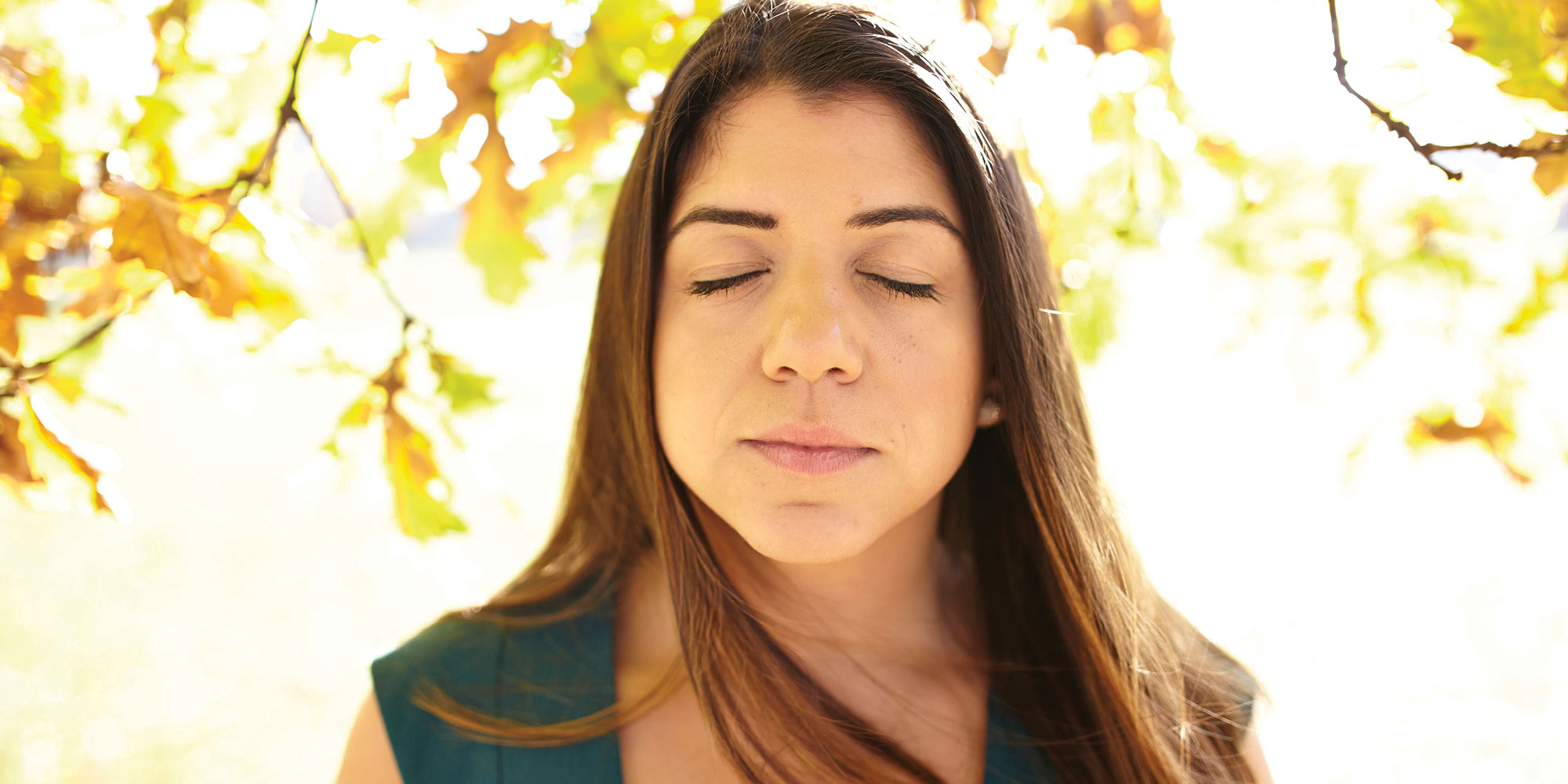A certain amount of 'typical anxiety' can be helpful. It can warn us about potential danger and motivate us to get things done, whereas the symptoms of generalised or severe anxiety can interfere with our day to day ability to cope.
Typical anxiety
|
Symptom
|
What can help
|
|---|
- Usually caused by stress, nervousness or worry about a future event (e.g. exams, assessments,
deadlines) - Doesn't last long
- Warns of overload
| - Exercising, eating healthily and getting enough sleep
- Limiting caffeine
- Seeing friends
|
Generalised anxiety
|
Symptom
|
What can help
|
|---|
- Persistent, excessive and unrealistic worry about everyday things
- Inability to relax, restlessness
- Difficulty concentrating and sleeping
- Feeling exhausted and/or sick
- Heart racing and shakiness
- Startling easily
| - Mindfulness/meditation/yoga
- Understanding triggers
- Counselling support – often a brief intervention is all that is needed
|
Severe anxiety
|
Symptom
|
What can help
|
|---|
- Panic attacks
- Shortness of breath
- Feeling suffocated
- Chest pain
- Palpitations, sweating, feeling as if you're having a heart attack
- Feeling numb or detached
- Intense fear, flashbacks, trembling
| - Visiting your GP to look at possible medication options
- Longer term psychological support through the NHS
- For students, support from a Student Wellbeing Coordinator if your anxiety is affecting your ability to study
|
Further information
Get Help Now


